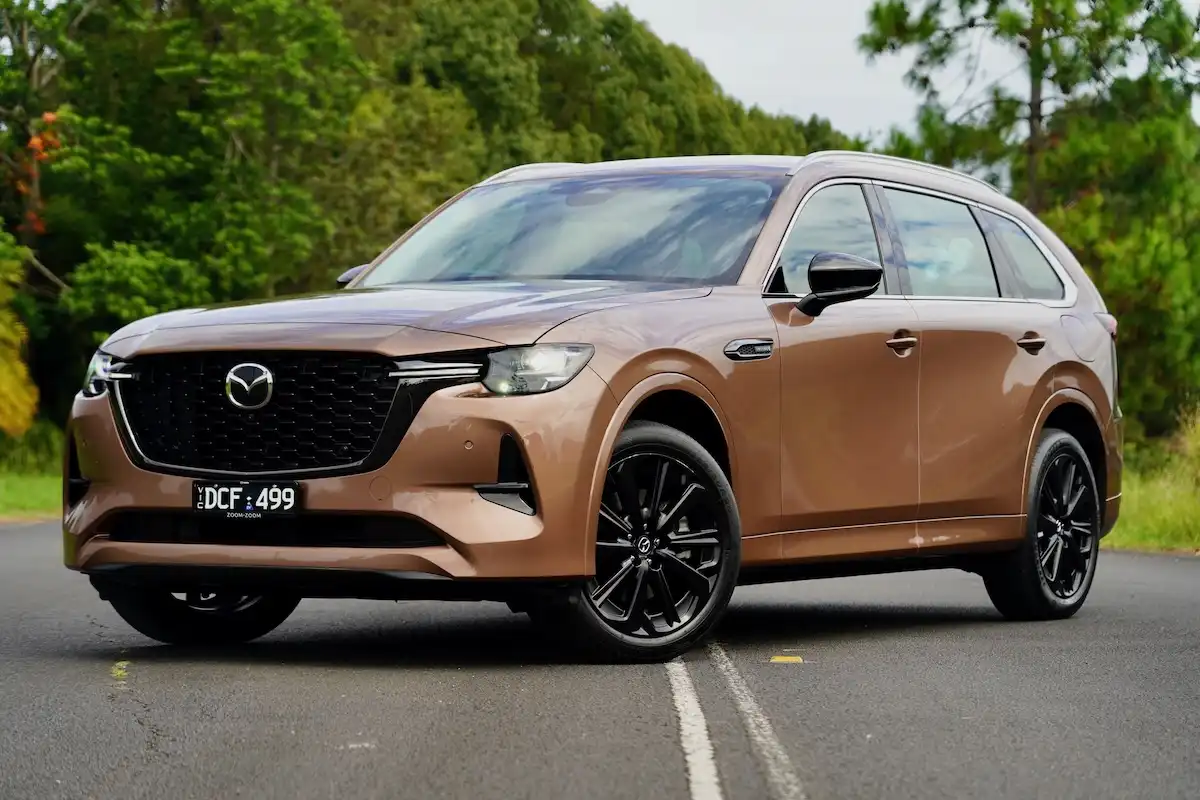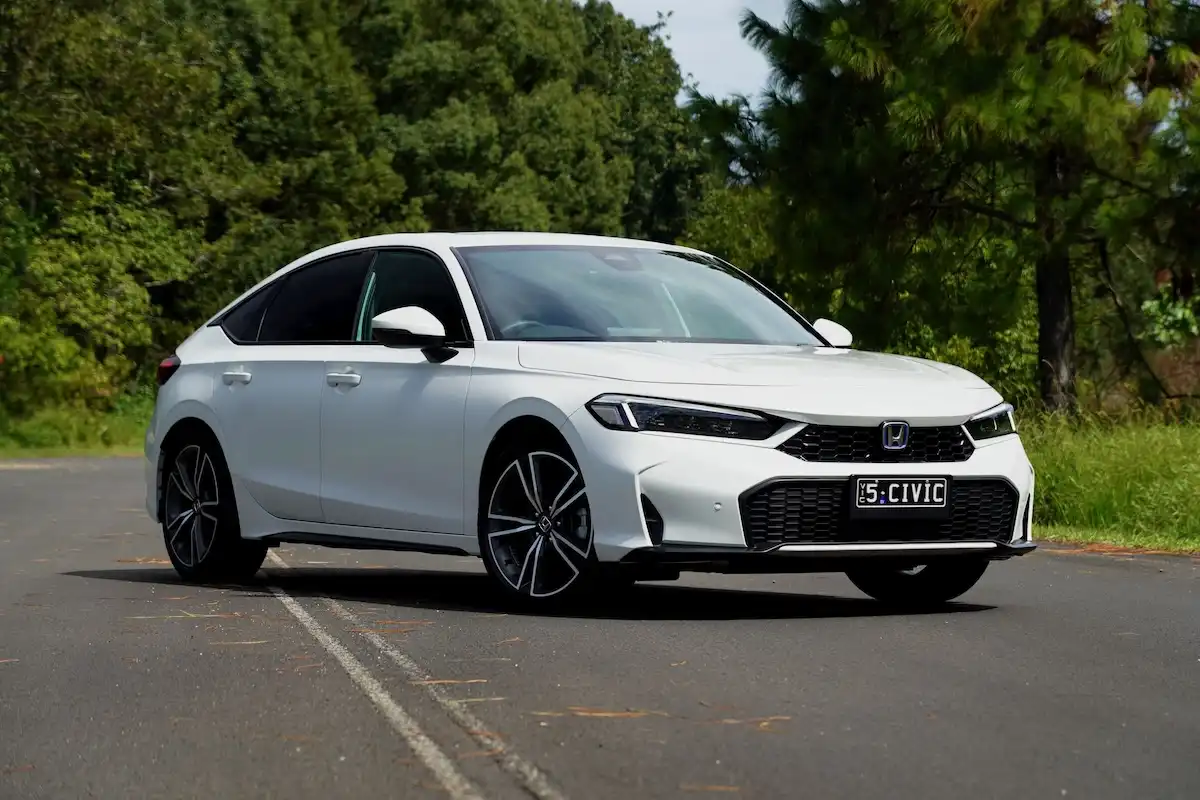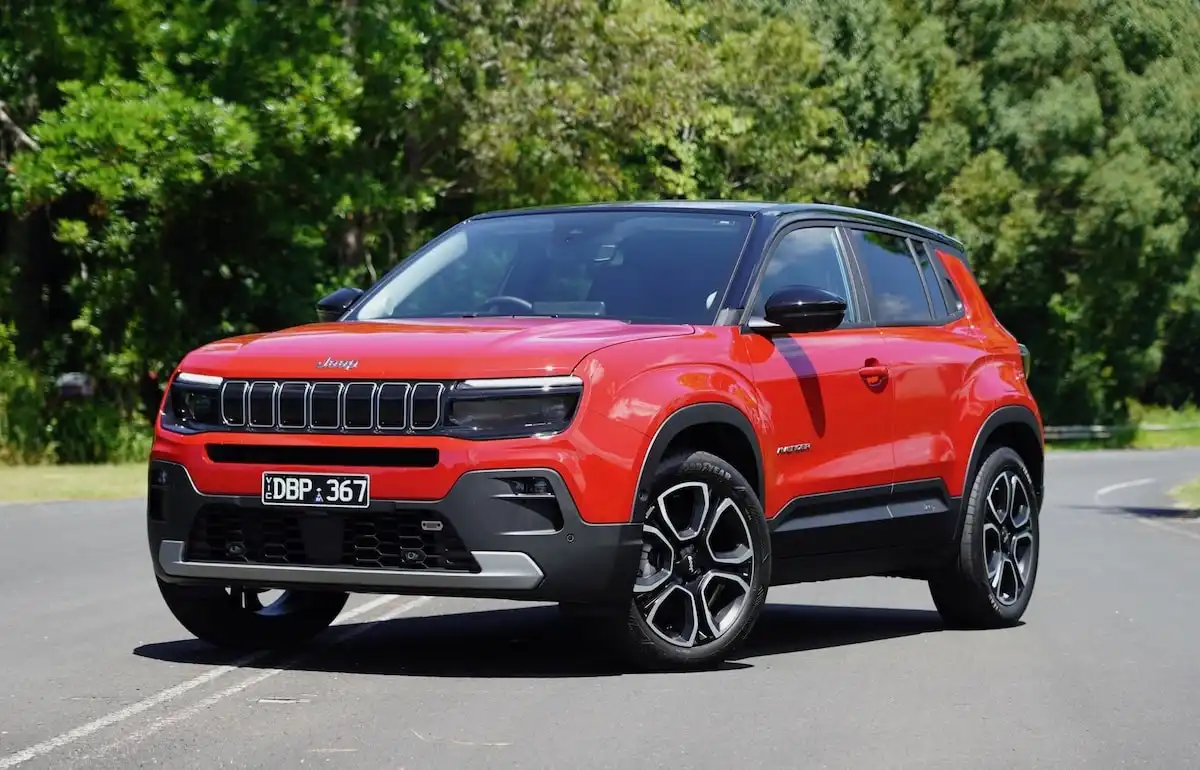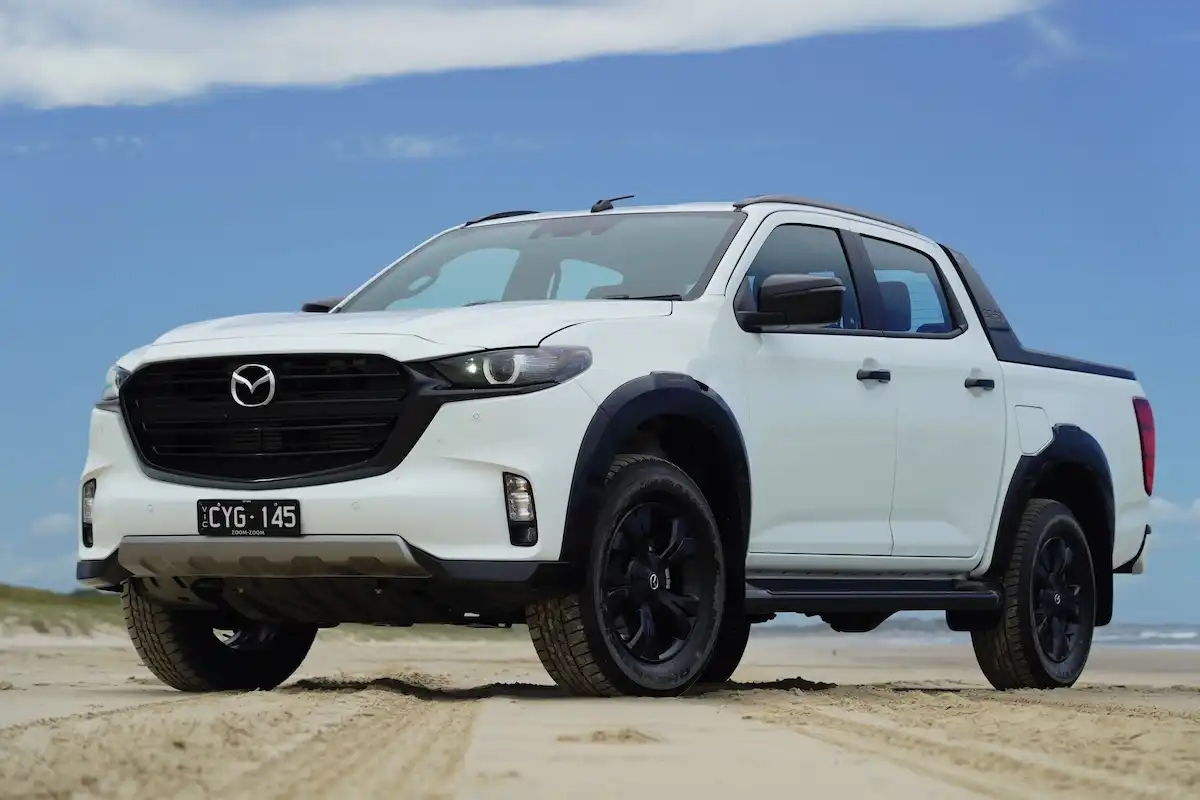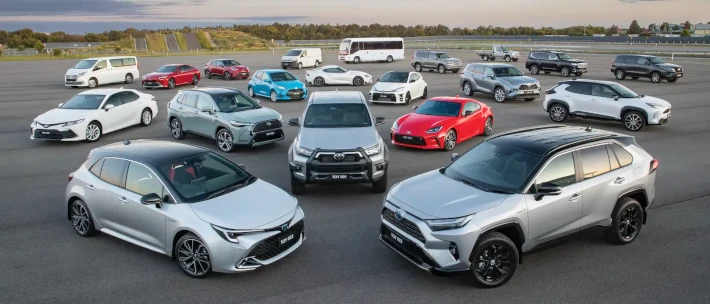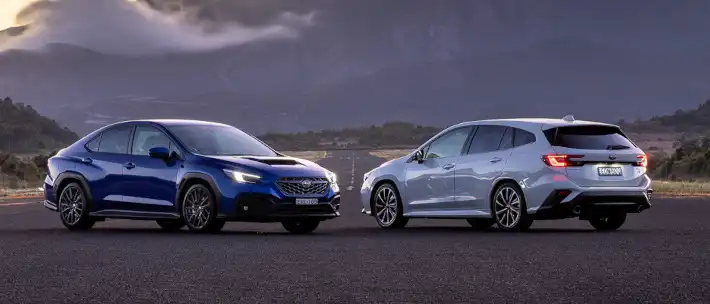While you might spend the majority of your time while shopping around for a new car focussing on things like the engine performance, entertainment features, and practicality of the car, factoring in how the vehicle depreciates over time is a great way to save some money over time, particularly if you’re planning on selling that car one day.
If you’ve ever wondered exactly what car depreciation is, how it works and how you can reduce the amount of money you might lose while purchasing a car, join us as we take a closer look at depreciation here in Australia.
What is Car Depreciation?
Put simply, depreciation on a vehicle is the price disparity between what you’re paying for a new or used vehicle, and the current value of that vehicle at the time you’re selling.
Typically, depreciation is calculated by taking a look at the original purchase amount, and subtracting the value that the car has lost at the time of selling, although depreciation is still very much part of the equation- even if you’re not selling your vehicle.
While it’s difficult to give exact figures, it’s widely believed the moment you drive a new vehicle from the dealership, it instantly loses as much as 15 per cent.
By the end of a twelve-month period, that vehicle may have lost an additional 15 per cent, meaning the first year of vehicle ownership can cost up to 30 per cent of the original purchase price.
What Impacts a Vehicle’s Rate of Depreciation?
There are a number of things that influence just how quickly certain vehicles depreciate over time, and while some of them are common sense, others might take you by surprise.
The most notable things that impact a vehicle’s rate of depreciation include:
- Reputation of the manufacturer
- Model and individual grade
- Year Produced
- Condition of vehicle
- Kilometres on the clock
- Engine size, fuel type & fuel economy figures
- The bodyshape (SUV, Sedan, Hatchback etc.)
- Build & Compliance dates
- Exterior colour
- Transmission type (automatic, manual etc)
- Logbooks and proof of scheduled maintenance
How to Calculate Your Vehicle’s Depreciation Over Time
While there are a number of handy sources online to find out how much your current or next vehicle will depreciate over time, there’s another way to work out the cost of depreciation.
To find out how much your vehicle has or will depreciate, find the difference between the new car value and current resale value - which can be found in Redbook’s approximate resale value index.
You can then divide the difference of the new car’s value, then multiply by 100 to find out the percentage of depreciation. For example, $20,000 - $12,000 = $8,000, and $8000 divided by $20,000 multiplied by 100 gives you a 40 per cent depreciation figure.
Need help narrowing down your choices?
Get in touch with one of our Car Buying Specialists today
Request a quoteWhich Cars Depreciate the Least in Australia?
Some of the best-performing vehicles when it comes to depreciating the least over time include the:
- Toyota LandCruiser
- Mazda 3
- Subaru Outback
- Mercedes-Benz GLC
- Isuzu D-Max
- Mazda CX-5
- Jeep Wrangler
- Toyota Corolla
- Land Rover Defender
- Hyundai i30
- Toyota LandCruiser Prado
- Kia Stinger
- Tesla Model 3
Which Cars Depreciate the Most in Australia?
On the other side of the equation, some of the cars that are impacted by particularly high rates of depreciation include:
- Mitsubishi Triton
- Audi A6
- Ford Ranger
- Lexus LS
- Toyota RAV4
- BMW 7 Series
- Mitsubishi ASX
- Mercedes-Benz S-Class
- Toyota HiLux
Writing-off Depreciation for a Work Vehicle
The Australian Taxation Office (ATO) allows owners of a vehicle purchased primarily for work purposes to reclaim a certain percentage of that vehicle’s depreciation over time against their tax come the end of the financial year.
Vehicle depreciation for tax purposes is possible if the vehicle was purchased as a work vehicle and was used predominantly to generate a taxable income.
The ATO caps car depreciation deductions at $64,741 for the 22-23 financial year, so we’d encourage you to talk with a financial advisor or accountant to see how you can best leverage vehicle depreciation for tax purposes, if possible.
Request a Quote
If you’re interested in upgrading from your current car, click here to get a free quote or to talk with one of our car-buying experts.

